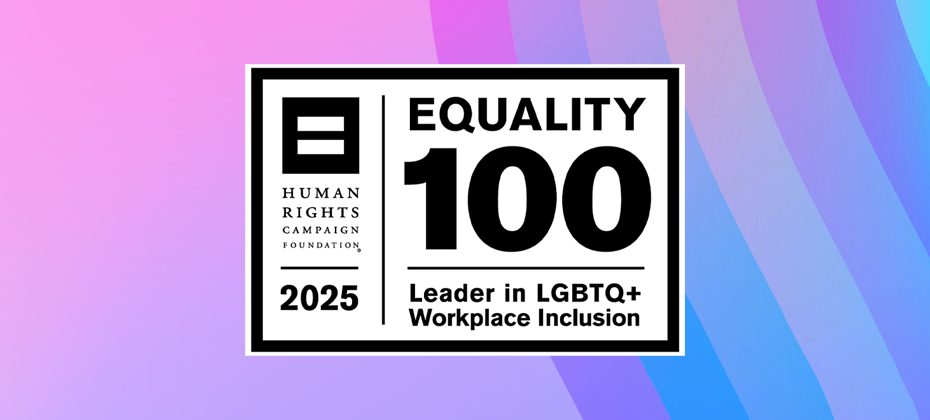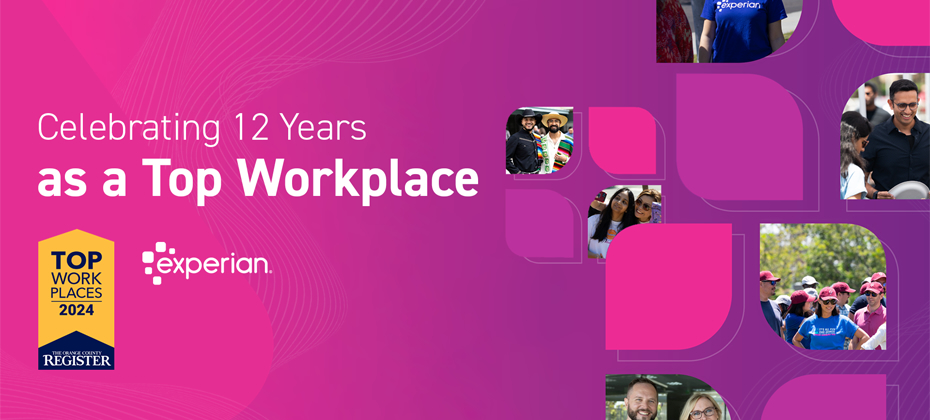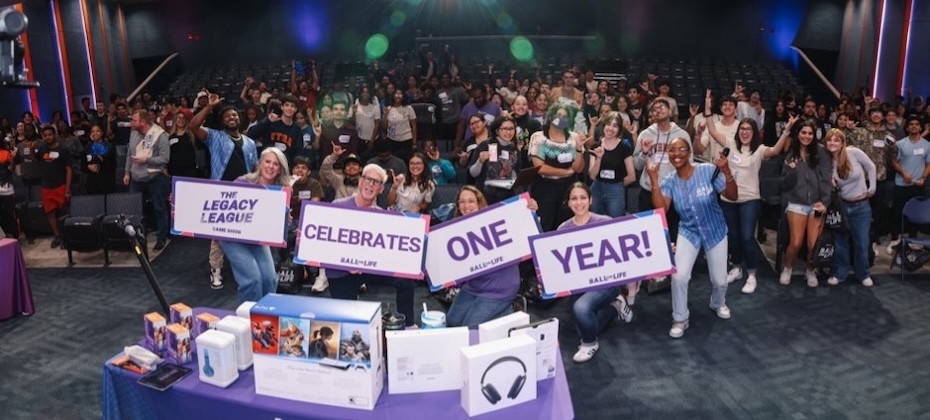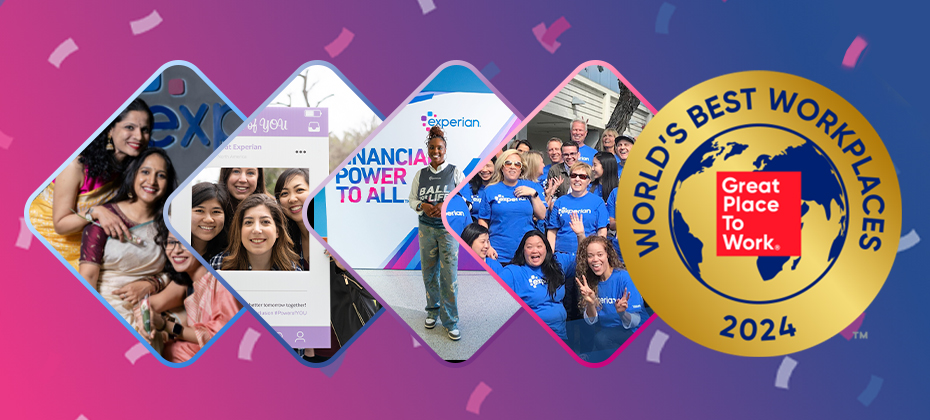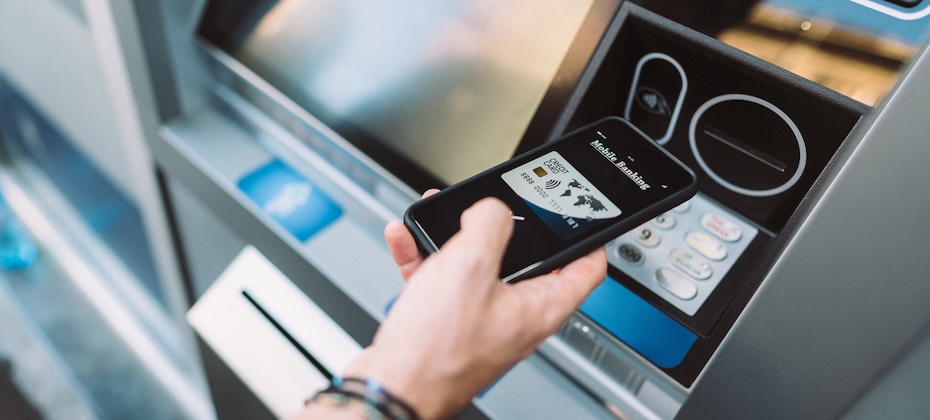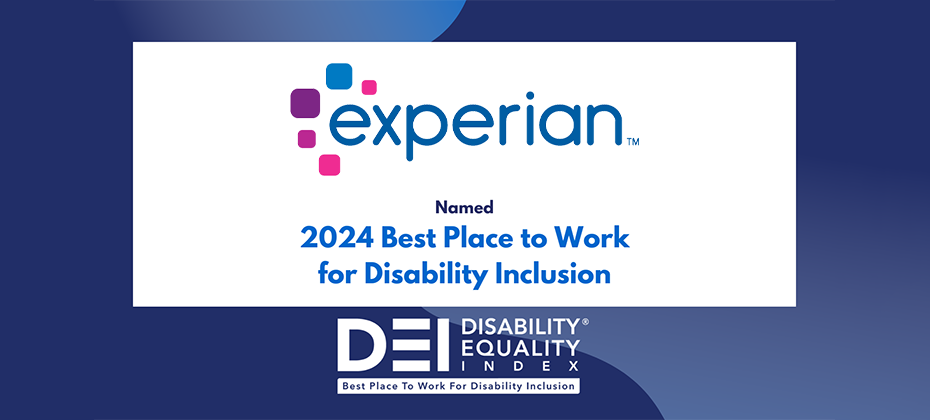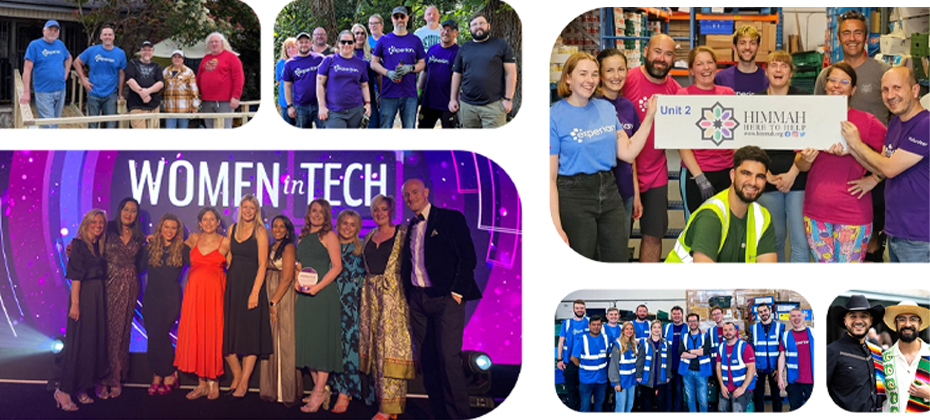At A Glance
At a Glance When an unknown printer took a galley of type and scrambled it to make a type 2ince the 1500s, when an unknown printer took a galley of type and scrambled it to make a type specimen book. It has survived not only five centuries, but also the leap into electronic typesetting, remaining essentially unchanged. It was popularised in the 1960s with the release ince the 1500s, when an unknown printer took a galley of type and scrambled it to make a type specimen book. It has survived not only five centuries, but also the leap into electronic typesetting, remaining essentially unchanged. It was popularised in the 1960s with the releaseince the 1500s, when an unknown printer took a galley of type and scrambled it to make a type specimen book. It has survived not only five centuries, but also the leap into electronic typesetting, remaining essentially unchanged. It was popularised in the 1960s with the releaseince the 1500s, when an unknown printer took a galley of type and scrambled it to make a type specimen book. It has survived not only five centuries, but also the leap into electronic typesetting, remaining essentially unchanged. It was popularised in the 1960s with the releaseince the 1500s, when an unknown printer took a galley of type and scrambled it to make a type specimen book. It has survived not only five centuries, but also the leap into electronic typesetting, remaining essentially unchanged. It was popularised in the 1960s with the release

Bernard Marr, who LinkedIn recently ranked as one of the top 10 business influencers in the world (just behind Bill Gates and Richard Branson), recently published a story on Forbes about how Experian is using machine learning to cut mortgage application times to just a few days. In this article, Experian’s Global CIO, Barry Libenson, discusses how Experian is well-positioned to pioneer technology in this field, due to the fact that banks, insurers and public sector bodies all routinely come to it for its data. “Now the large financial institutions don’t want you to dictate to them how they consume information, they want to tell you how they want to consume it, and you have to deliver it to them in that way. So they can say ‘hey, Experian, we have a simple question we want to ask and we expect a simple response, and we want it in real-time, and we want to be able to get it 24 hours a day from anywhere in the world.'” Check out the full article: How Experian Is Using Big Data and Machine Learning to Cut Mortgage Applicatoin Times To a Few Days
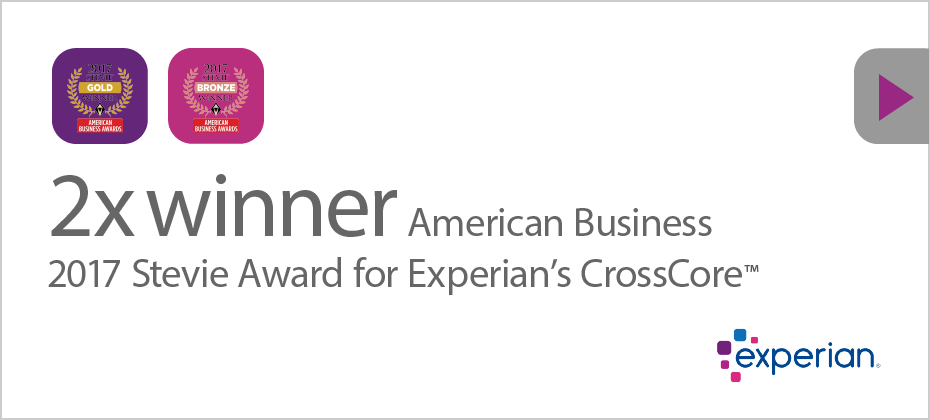
We developed CrossCore to make the industry’s fraud and identity solutions work better for everyone. We wanted to help organizations prevent more fraud while making it easier for their good customers to do business with them and nearly a year after the launch we’re proud of the reception we’ve had from clients, partners and the industry. Our latest honor is a bronze and gold medal from the American Business Awards for Identity and Access Security Solution Product of the Year and Product Management Department/Team of the Year. “We developed CrossCore to help our clients get the strength they want with the flexibility they need for more effective fraud management,” said Kathleen Peters, Global Vice President, Product Management, Fraud and Identity at Experian. “These latest Stevie Awards validate the feedback we’ve received from the market, and more importantly, from our clients.” CrossCore helps organizations with the ever-changing, complex and challenging world of fraud prevention. Businesses readily add solutions from us, other providers, and even their own solutions, to connect, access and orchestrate decisions across multiple systems. To make this possible for our clients, our teams worked around the clock in offices all around the world. They brought experiences and perspectives together to build and test code in packages that could be installed anywhere and everywhere. Using this “immutable infrastructure” approach, the team built, configured, connected, tested and monitored over 20 different systems to ensure everything was working. And they did it in less than nine months. The Stevie Award judges recognize the efforts of this team and the power of CrossCore. Here are just some of the positive comments we received: “The deployment of a global project such as CrossCore in only 9 months is remarkable, especially with 20 different systems being interconnected to deliver the service. Lots of hard work from the team, congrats!” “Seems like the strongest and the best solution in fraud prevention. Experian is already the industry leader in its respective industry, however CrossCore seems to be a great service, with a beautiful and intuitive UI.” “A good write up on what appears to be a useful platform. This is a great accomplishment and the nomination sounds like a talented team of product developers and software engineers.” “Congratulations on delivering an ambitious product in a relatively short timeframe!” We’re excited about how CrossCore could fit into your fraud strategy and would love to talk to you about it. Learn more ways CrossCore can help your business prevent fraud.

In Malaysia, nearly 280,000 people live without electricity. By volunteering with the Liter of Light program, we’re bringing solar panel lights to remote villages, transforming the quality of life and brightening the darker hours for families. In Malaysia, more than 1 percent of the population lives without electricity – one of life’s basic necessities – which equates to nearly 280,000 people living in darkness after the sun goes down. Some people have never had electricity in their life, making simple tasks like cooking or reading nearly impossible after dark. I wanted to change that. My day job is to support and enable individuals within Experian to pursue various career opportunities, but what I’m most passionate about is the way Experian helps me invest in my local community through the Heart of Experian Corporate Social Responsibility program. This year, my team and I had the chance to collaborate with Liter of Light (LOL) – a global, grassroots movement committed to providing affordable, sustainable solar light to people with limited or no access to electricity. In February, we joined one of their projects to install 60 solar street lights in the village of Orang Asli, an indigenous community in the Cameron Highlands. Over the span of two days in February, a group of 30 Experian volunteers built and installed the solar panel lights. On the first day, the LOL team taught us how to build the panels, teaching us the skills needed to cut wire, assemble PVC pipes and drill holes. The second day, we rode in Jeeps through muddy roads and a three-foot deep river to reach the village. We spent hours unloading the lights and assembling the panel boxes, plotting the village maps and identifying the right spots to install the solar panel lights. I was happy to see some of the local villagers’ curiosity and participation throughout the day. Some helped us assemble the lights while others prepared the right spots for installation by building bamboo stands. The weather was kind to us, so by 5 p.m., nearly all the lights were installed – just before dark! After completing all the hard work, our team recorded a group video using a drone that all of the Orang Asli children chased after. Thanks to our service project providing light to a village in darkness, 150 villagers in Orang Asli will now have more productive, higher-quality lives during the dark hours of the day. I’m so glad I got to play a role in that.

Becoming a victim of identity theft and fraud can be a constant fear for many consumers. In fact, according to Experian’s recent Identity Theft Survey findings, 84 percent of respondents acknowledged concern about the security of their personal information online. Surprisingly, despite this overwhelming concern, our survey also found that nearly two-thirds (64 percent) of consumers also believe it’s “too much of a hassle to constantly worry about securing personal information online.” With personal vigilance declining and identity theft on the rise, developing the right consumer tools is essential. Today’s consumers demand easy-to-use, reliable identity protection products that give visibility to their personal and financial information’s possible theft and fraud exposure. In response to this growing need, we’ve launched IdentityWorks – a comprehensive identity theft protection product which helps consumers become actively engaged in defending themselves against identity fraud. For example, IdentityWorks’ dark web monitoring and alerts help consumers manage the risk of exposure in a place they can’t even see or access. Most consumers don’t really know anything about the dark web – other than it’s a bad “place.” The product also allows a user to instantly lock or unlock their Experian credit file, literally by clicking or tapping an icon via desktop or mobile device. It’s that simple. In addition to providing an array of user-friendly tools, IdentityWorks offers a set of resources to give consumers peace of mind. If suspicious activity is detected, Experian’s team of fraud resolution specialists are available to guide consumers through the process of repairing the damage done and shielding them from additional damage. Furthermore, while we work to secure your information, up to $1 million in identity theft insurance is available, just in case. * We know consumers perceive keeping track of, and protecting one’s identity as complex and inconvenient. According to our Identity Theft Survey, approximately 53 percent of individuals believe staying on top of financial transactions is a challenge. That’s why we believe IdentityWorks is exactly the right solution at the right time. It reduces the scale of that challenge into something much more manageable, with resources for both monitoring and remediating identity theft and fraud. The responsible use of credit can propel consumers’ livelihoods – helping to qualify opportunities like affordable mortgages and automotive loans – but identity theft can make it more difficult to obtain credit, making someone’s good credit history look poor. This is why IdentityWorks is so relevant to Experian. We are driven to help consumers achieve their long-term financial dreams. By enabling consumers’ active role in protecting themselves from identity theft and fraud, we help them buy a home, purchase a car or invest in their education. We hope the launch of IdentityWorks will empower consumers to manage their financial futures and remain vigilant against those who would take that away. * Identity Theft Insurance is underwritten by insurance company subsidiaries or affiliates of American International Group, Inc. (AIG). 175 Water Street, New York, New York 10038. Please refer to the actual policies for terms, conditions, and exclusions of coverage. Coverage may not be available in all jurisdictions.

In 2012, employees across Experian’s Turkish office began a program to promote financial awareness and education for young people ages 18-30, which we called the Manage Your Future Now Project. For young people pursuing higher education in universities, financial literacy is a required life skill, especially since many depend on educational loans and credit cards to pay for their education. Bad loan management resulting in a poor credit score can hurt the financial future of these students. We found that most local universities lack the human resources necessary to train students on the topic. We decided that the best way to promote financial literacy was through a peer education model. Using this model, we would train volunteers to help their fellow students calculate their credit risk, manage their budget and understand the long-lasting effects of bad credit. We partnered with the Turkish Credit Bureau, the United Nations Development Program (UNDP) and the Happy Thought organization to launch the program. With our partners, we provide a two-day training session for student volunteers in Istanbul. We give our volunteers the resources and tools they need to train others on financial risk, while also training them on how to present the same materials to others. These volunteers then go back to their local communities to train their peers through one-on-one sessions, or – if they generate enough interest at a university – organize a conference where they invite Experian experts to share their knowledge with a group of 100 or more students and faculty. The Manage Your Future Now Project has become a leading contributor in improving the financial skills and knowledge of young people and improving the financial literacy rate throughout Turkey. Since we began the program, we’ve reached more than 8,500 people and offered more than 100 training courses at universities, carried out by our growing number of volunteers. For me, the most rewarding part of this project is helping inspire and equip these students. I recently traveled to a university in Turkey as a speaker, giving a financial literacy conference to about 200 people. After I taught them about their credit scores and ways to secure their financial futures, one of the students came up to me, telling me how passionate he was about financial education and how eager he was to become a peer volunteer with the Manage Your Future Now Project. Our team at Experian was able to help convince his family to let him join the program so he could attend a training session and become a speaker in that city. To date, he has met with and educated more than 100 fellow students, guiding them through the program’s tools. Understanding how finance works has a huge impact on people’s daily lives, because it’s relevant for both their present and future welfare. It’s amazing to see year after year how we are helping change people’s lives in Turkey, by opening new doors for them as they understand how to manage credit.

I grew up in a major industrial city in Communist China just east of Beijing in a world where information was scarce. I was born into a pretty traditional Chinese family back in the 1960s and lived with my five siblings and parents in a small, crowded house. When the Cultural Revolution hit in 1966, the schools never officially shut down, but essentially nothing was taught at the time since students were expected to participate in the revolution. Throughout that period, almost all novels and movies were banned because they were not considered appropriate for educating students. But rather than causing me to lose my interest in learning, the ban led me to develop a habit for reading anything I could get my hands on, and my natural hunger for information grew. As my love for collecting and consuming information continued, I decided to become a data scientist. I moved to the U.S. to complete my Master’s degree and Doctoral Program. Today I work with “Big Data” at Experian, developing analytical solutions for financial telecommunication and insurance companies. What’s amazing to me about my job is the fact that 90 percent of the data in the world has been created in just the last two years. Data Scientists like myself retrieve, sift, analyze, process and store all the data according to a business or consumer’s needs. I believe that data tells a story; it’s business intelligence that can help an individual or business identify where they may need to change or adjust in order to move forward. For consumers, it can help them improve their credit scores and secure an affordable loan. It can help protect identities by detecting and stopping suspicious activity. For businesses, the data can mitigate risk, help prevent fraudulent transactions or even ensure they’re marketing to proper audiences. I believe that data has the power to transform lives and societies for the better. My job is to help clients and consumers understand the story of their data so they can take financial control, achieve their goals, and help meet the needs of customers. I have always told myself, “no matter the situation, do your best.” For me, doing my best is using this lifelong passion to help others succeed.

When it comes to credit for small businesses, it’s a classic chicken-and-egg situation: you can’t get credit until you have credit history, and you can’t get credit history until someone grants you credit. I know this first-hand because my own parents were small-business owners in California. My parents had built an independent insurance agency. I distinctly remember as a kid sitting in the backseat of our car and overhearing the discussions they would have about their struggles to grow the business or how they would make payroll that month. Many small businesses don’t have access to small-business loans or business credit cards, so they rely entirely on the business owner’s personal credit to make purchases. This means that while there may be a credit history for the individual, there is none for the business itself. This also means that whenever my parents needed money to get through the month, they essentially had to put their livelihood at risk because there was no separation between personal and business loans. The lack of access to funds, and the consolidation happening in the insurance industry at the time, led my parents to take another big risk – they sold the business and our house, and they liquidated their retirement accounts and put everything into a restaurant franchise. They felt there would be more stability representing an established brand owned by someone else. When I graduated from my MBA program years later, one of the things that first attracted me to Experian was the opportunity I had to ease the burdens of small business owners through my work here. The work I do really hits home, because I’m working every day to open up small-business credit, using different types of data. In today’s economy, a lot of great business ideas – profitable ones, at that – never get a chance to see the light of day simply because they don’t have the capital they need to grow. Experian is making business ideas a reality by gathering, analysing, combining and processing a breadth of new data that allows us to develop credit scores for more people and paint the most realistic picture of a situation. By verifying a business’s history, its social media accounts, its website sophistication and traffic, and customer reviews, we can measure a small business’s legitimacy, how long they’ve been operating and how they’re growing. This information, coupled with transaction data, all help determine a business’s credit worthiness and allow us to give its owners greater access to capital. Data is a huge enabler for positive change because it can give small-business owners access to credit that they wouldn’t receive otherwise. When used in the right ways, data can empower and enable small businesses to get the funding they need to hire employees, invest in their business or open a new location. In many ways, I’m helping people just like my parents.

Spring clean your credit during Financial Literacy Month with our finances in order. #FLM2017 is dedicated to teaching Americans healthy credit habits.

About a year ago, my colleague Natalia invited me to join her in a new volunteer opportunity with the Ministry of Housing in Colombia. The Ministry had created a new program called Mi Casa Ya – which means in English “My Own Home Now,” to help people in Colombia own their first homes. Excited and eager to lend a hand, Natalia and I introduced ourselves to Alejandro, the Director of the National Housing Fund at the Ministry of Housing. Alejandro told us how an unexpected roadblock threatened to derail the program. He had created Mi Casa Ya so that even the poorest people in the country could get a government subsidy to purchase a home. To get the subsidy, they just needed to qualify for a mortgage from a local bank. But that was the problem. In order to get the bank loan, applicants needed a strong credit history. Yet most of the people looking to take advantage of the subsidy through Mi Casa Ya, he explained, were considered “credit invisible.” That is, they had no viable credit history, thin or un-scoreable credit files, or they simply had bad credit. So banks had no choice but to reject them. Natalia and I heard the frustration in Alejandro’s voice, and we knew just how we could help. We told Alejandro that if the Ministry could determine which individuals were being rejected by the banks, we could come in and build credit scores for them using Experian’s data. You see, building credit histories is the sort of thing we do every day at Experian. Over the years, Experian has innovated with analyzing traditional and alternative data sources, such as public records and magazine subscriptions, to create the most accurate and realistic picture of someone’s credit. And by unlocking the power of this data, we are able to identify the data sets that can help lenders make better decisions when making loans, especially for people with thin credit files. Working with Natalia and Alejandro for Mi Casa Ya over the past year has been incredibly rewarding – and our work here isn’t done! Since I work in the legal department at Experian, I am now involved in reaching an agreement with the Ministry of Housing to help advance this project. The details are tricky and the process is tedious, but when I think about the people whose lives we have the ability to transform, I just get excited. Because of our work, many more families in Colombia will be able to fulfill their dream of owning their own homes – that’s huge.

Experian celebrates Financial Literacy Month each year to enrich financial education in America and why we have a dedicated team educating consumers.

By volunteering through Experian’s Sohos Reais – Real Dreams – project, I taught a mother of five about understanding basic business concepts so she could expand her sewing business and keep pursuing her dream. I grew up with parents who loved helping others, which fostered my love for volunteerism. Now that I work at Experian, this passion has blossomed as I’ve volunteered in many different capacities, from dressing as a clown to cheer up people in hospitals, to helping teach financial literacy to small-business owners in São Paulo, Brazil. Experian’s Sohos Reais – Real Dreams – program is designed to help connect entrepreneurs and small-business owners with experts who can advise them on how to help their business succeed. My volunteer partner, Diana, and I went through the training together, and a few months later were contacted by Aliança Empreendedora – Experian’s project partner – to help support a local entrepreneur. We were sent information about a woman named Adriana who was looking for advice for her sewing business. When we first met at Adriana’s house, she welcomed us into her home, fed us toast and black coffee, and introduced us to her five children. Adriana is a single mom whose husband left her after becoming a drug dealer. She told us how he had stopped supporting her and the children financially, and how Adriana now relied on her sewing business to support herself and the children – two of whom had serious health issues. Creating this business had been her dream since she was 12, when she had made her first dress for a school party. Now, she sewed colorful shopping bags and purses every day that she sold for R$1.25 a piece – a tiny price compared with the amount of work it took her to produce them. While she loved her job, Adriana told us that the money she made from her sales barely allowed her to cover basic living expenses, like water and electricity. She was on the brink of giving up her dream. The more we talked with Adriana, the more Diana and I realized that what she needed most was someone to help her understand basic business concepts, like cost and revenue. I thought that if we could help her control the money going out, we could solve a lot of her problems. Adriana was eager to learn, so right then and there, I showed her how, by keeping track of costs and profits, she could pay her bills and start to save money for her family. After our first meeting, a group of us from Experian were so inspired by her story that we raised R$1,415 for Adriana to buy fabric for her bags, and gave her a book to help her track her finances. Now every time we meet, Adriana brings the book with her, full of notes – she says it helps her work out her profit from the bags she sells so she knows how much more fabric she can buy. I never imagined that just sharing my financial knowledge with someone could help change their life. By volunteering with Real Dreams, Diana and I helped Adriana get back on her feet and continue pursuing her dream as a small-business owner and provider for her family.

I recently attended a conference in Alwar, India, hosted by Experian and the International Finance Corporation. During one of the sessions, I met a single mother of two who had recently moved to a rural village in India. Her husband had left her and she was hoping to pick up work as a tailor once she purchased a sewing machine to support her family. As we talked, she confided in me that she was having trouble securing a loan from microfinance institutions because she didn’t have papers to prove her identity. And since she was new to the village, no one knew who she was. Without a proven identity, she couldn’t qualify for a loan and get the money she needed to support herself and feed her children. Indian banks predominantly serve urban customers whose credit reports are extensive. However, most customers from smaller districts and rural towns – like this woman – can fit their credit history on less than a page. Identification may be the only way they can verify their character to secure a loan. As I sat with this woman, I started telling her about our Prove ID tool that I had recently helped to develop. Using an individual’s biometrics, the tool would search her credit history, bank card and any information that can prove she is who she claimed to be. I explained that by using this tool, she could now prove what village she’s from, that she was a permanent resident in her new village and that she was likely to repay her loan. She was stunned and overwhelmed. In that moment, I realized that rural clients often need human connection to clearly understand what a bank or microfinance institution requires in order to obtain a loan. Many rural customers can’t read the brochures or pamphlets sitting in a bank, but by engaging them in conversation, you can effectively educate them about how to prove their identities and build their credit profiles to successfully access the finances they need. As a Product Developer for banks, I sometimes get so caught up on how to make products run that I lose sight of how the work I do impacts the community. Helping one woman discover Prove-ID to secure a loan and provide for her family inspired me. I want to continue being more involved in my community to help others who may not be literate learn how to prove their identities so they can better support their families.
